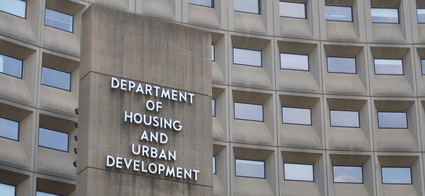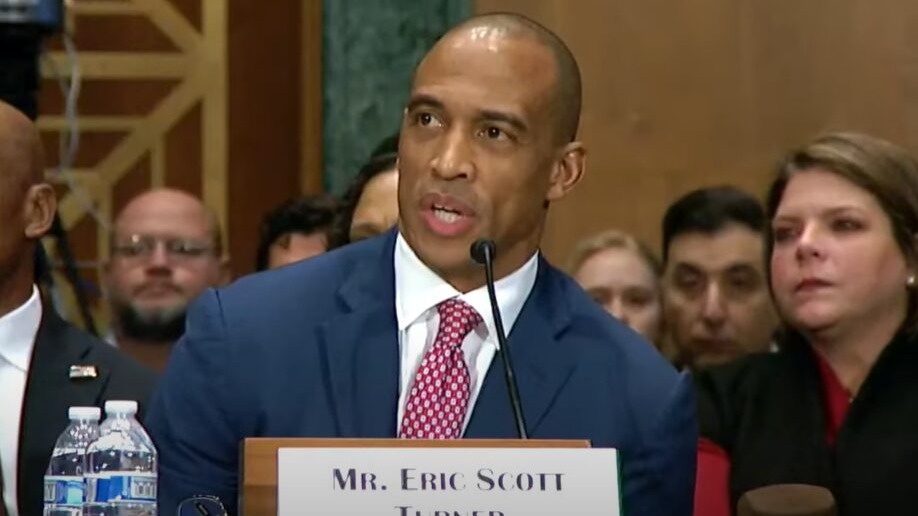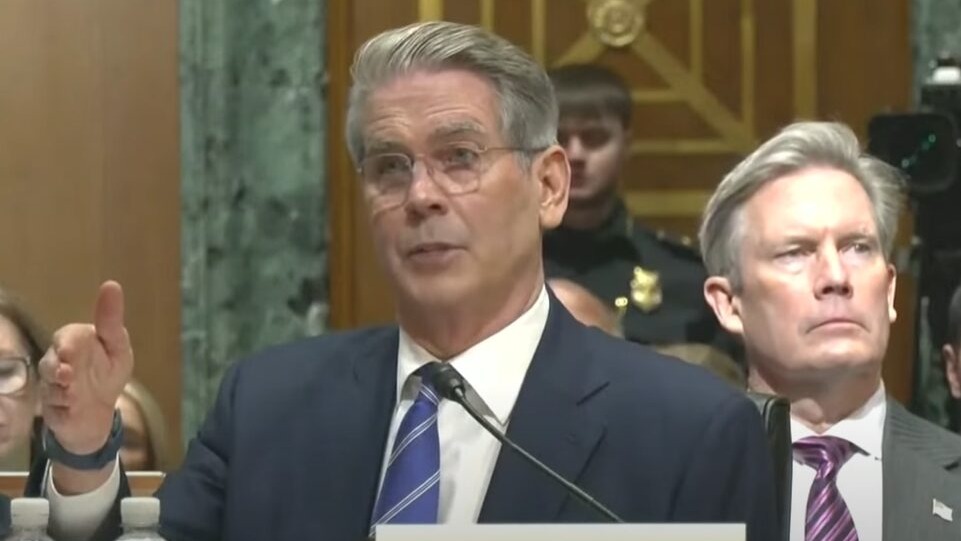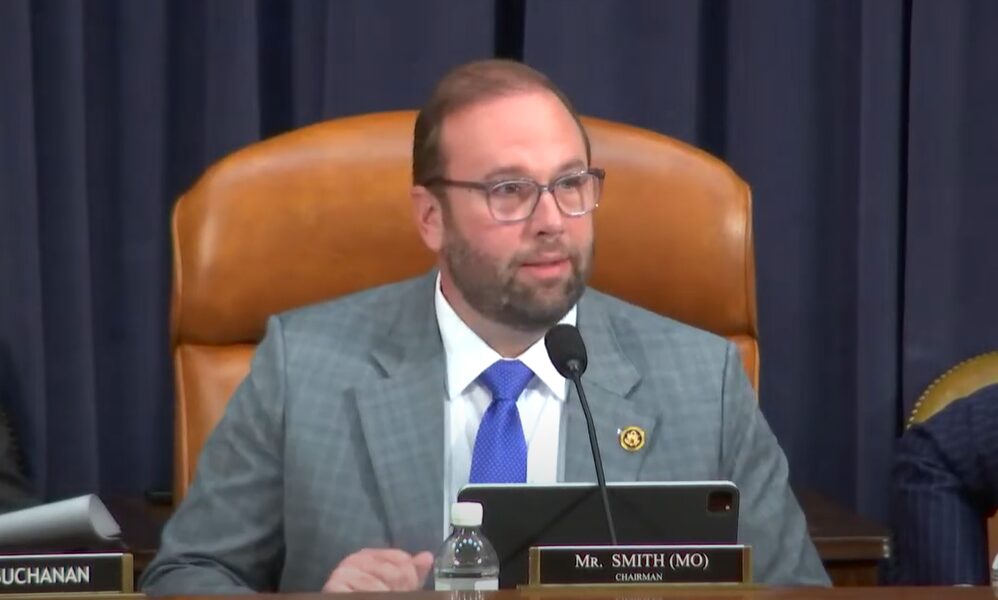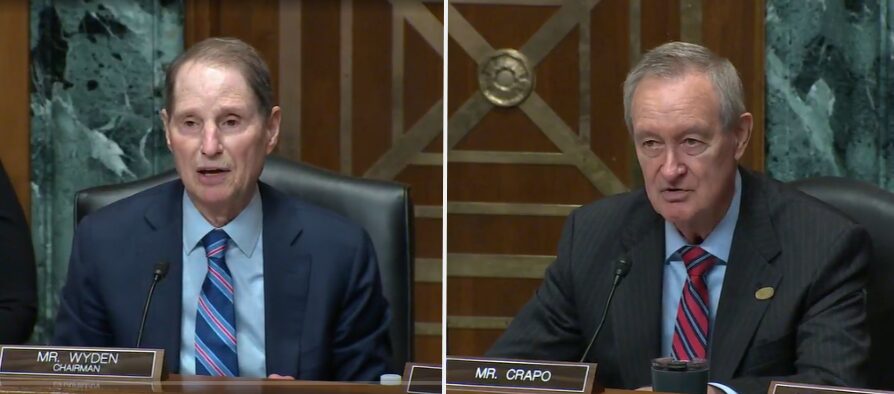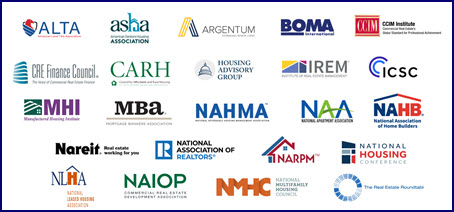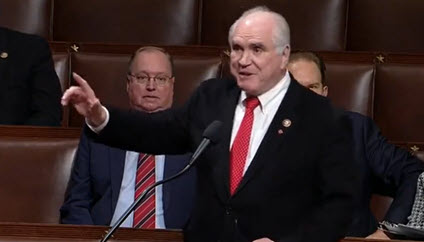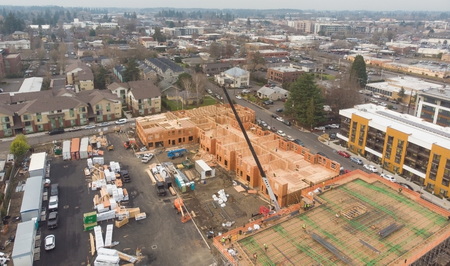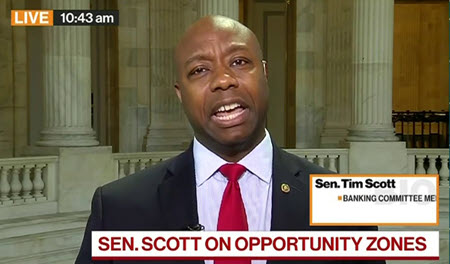
The Real Estate Roundtable (RER) wrote to the sponsors of the Opportunity Zone tax incentives encouraging them to extend and improve the tax benefits, which have successfully mobilized private investment in historically underserved communities. The letter to Senator Tim Scott (R-SC) and Representative Mike Kelly (R-PA) emphasizes the need for a long-term extension and targeted reforms to maximize OZs’ economic impact. (Letter)
CRE Impact
- Since their enactment in 2017, OZs have spurred billions in private investment to revitalize distressed communities, finance affordable housing, and create jobs.
- 72% of U.S. counties contain at least one OZ. By the end of 2022, the OZ tax incentives had helped mobilize $84.7 billion in investment for low-income areas. More recent estimates suggest OZs have attracted over $120 billion in capital. (Letter)
- RER members have leveraged OZ funding to develop affordable housing, retail centers, office buildings, and life sciences facilities.
Roundtable Policy Recommendations
Under current law, the OZ tax benefits are phasing down and will expire altogether for new investments made after December 31, 2026. First and foremost, RER is advocating for a long-term extension of OZ tax benefits to spur continued investment and provide certainty to the private sector. Additional recommendations include: provide certainty to the private sector. Additional recommendations include:
- Removing limitations on the type of capital eligible for investment in opportunity funds to allow a broader range of capital to flow into OZ investments;
- Adding a new incentive for commercial-to-residential conversions to address housing shortages;
- Establishing a rolling deferral period for new OZ investments to sustain long-term interest;
- Improving the OZ working capital safe harbor to accommodate large-scale real estate developments;
- Modifying the substantial improvement threshold to encourage redevelopment of vacant properties; and
- Creating reporting and transparency requirements to track OZ impacts more effectively.
What’s Next

- As Congress considers major tax legislation in 2025, long-term OZ reforms should be a priority to unlock additional private capital and sustain revitalization efforts in low-income communities.
- Next week, HUD Secretary Scott Turner, an outspoken advocate for the OZ program will be a speaker at our Spring Roundtable Meeting. His recent tour of Philadelphia’s OZs showcased the transformative impact of public-private partnerships in revitalizing distressed areas. (Fox News, March 30)
RER will continue engaging with lawmakers to advance these recommendations and ensure Opportunity Zones remain a powerful tool for economic development.

